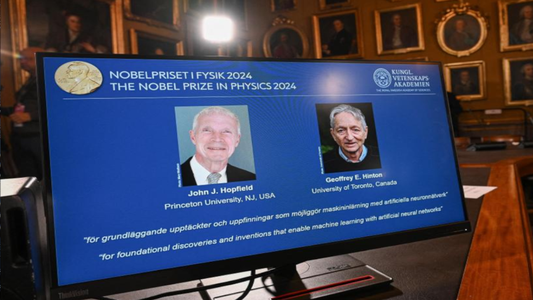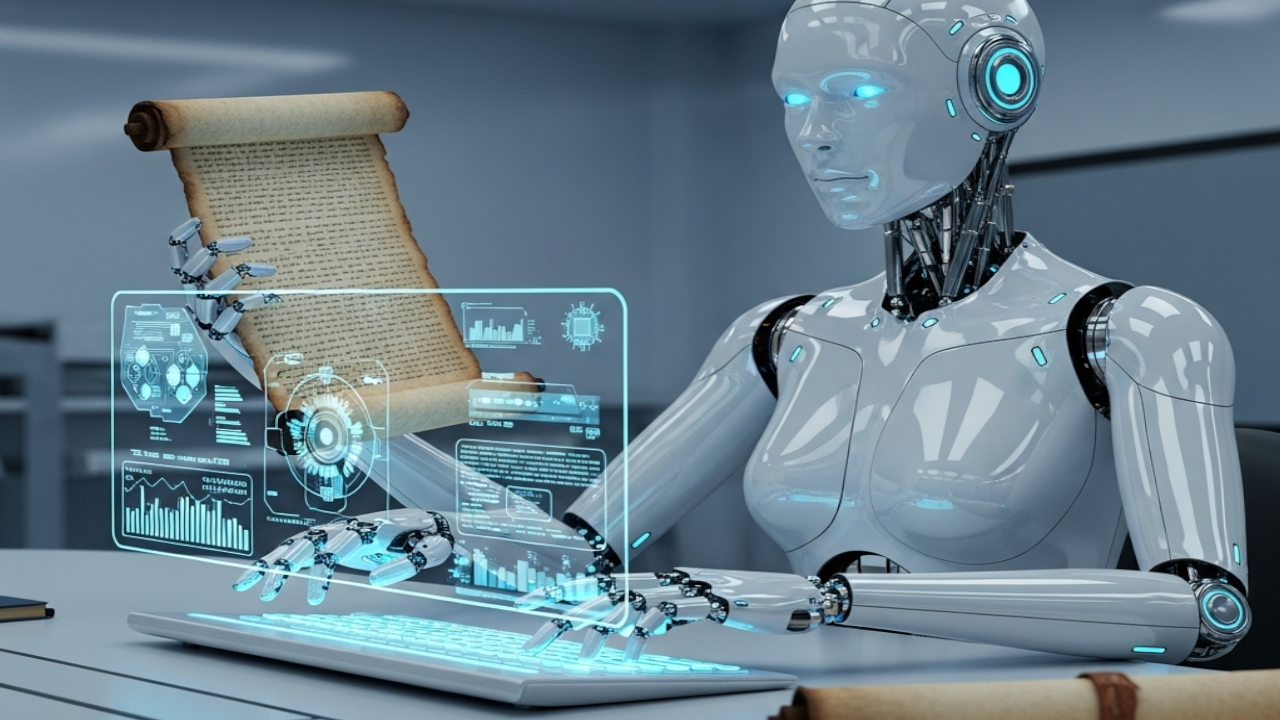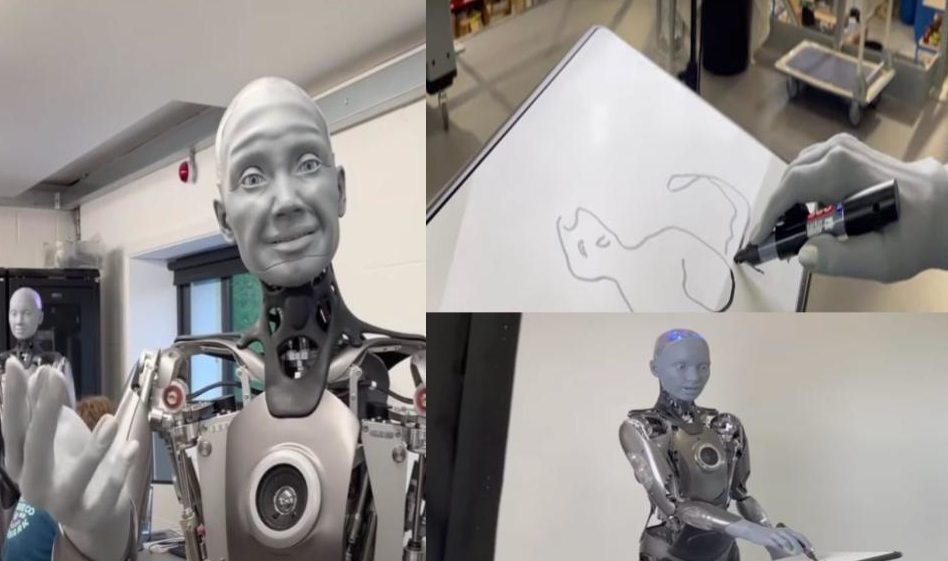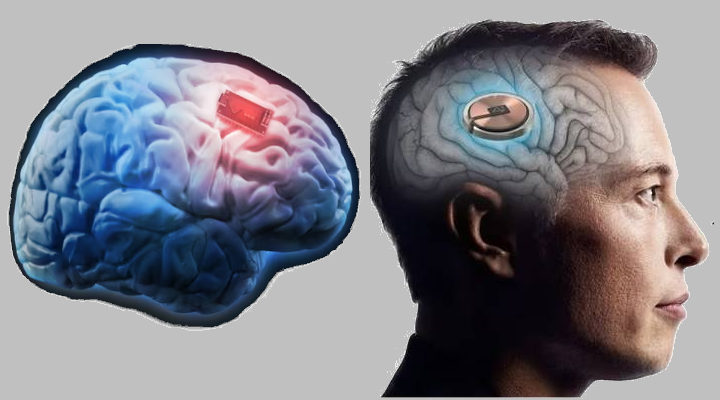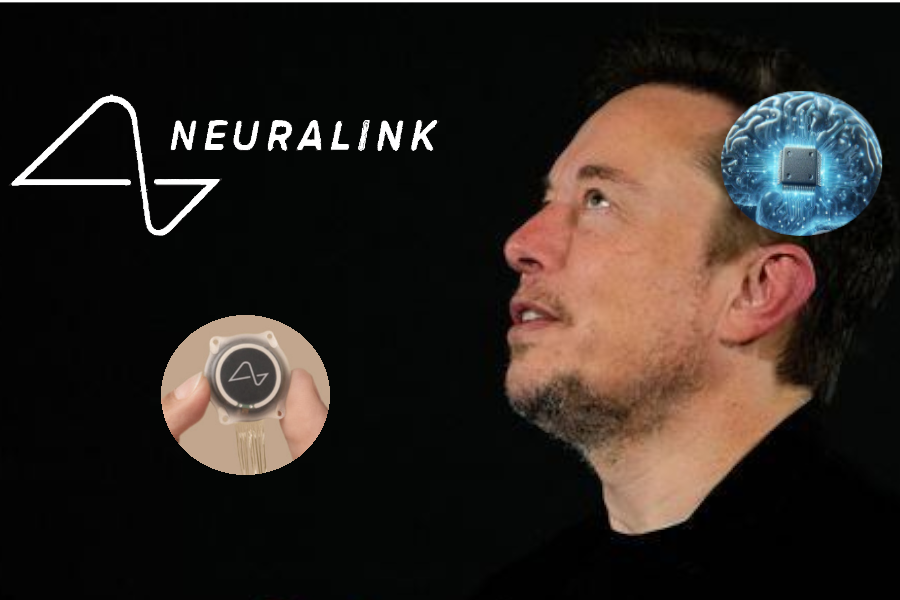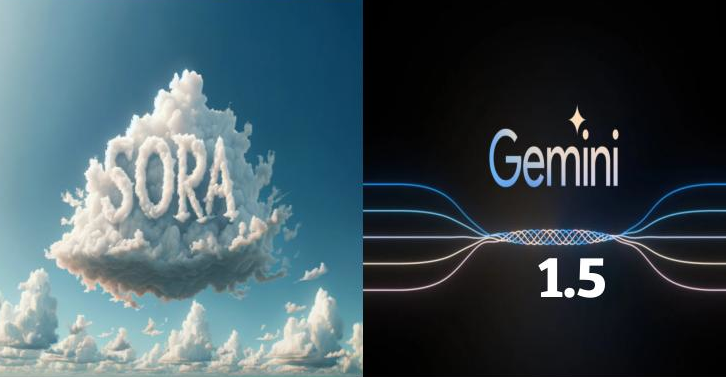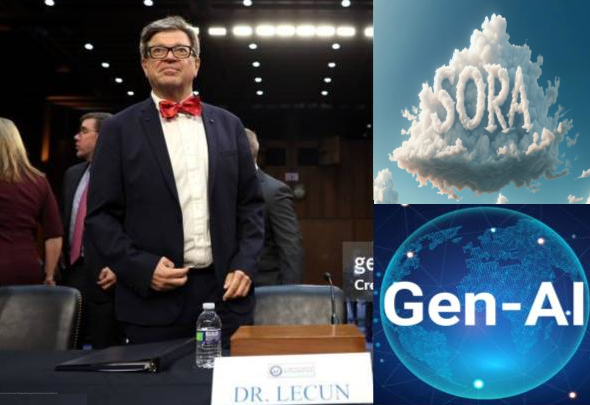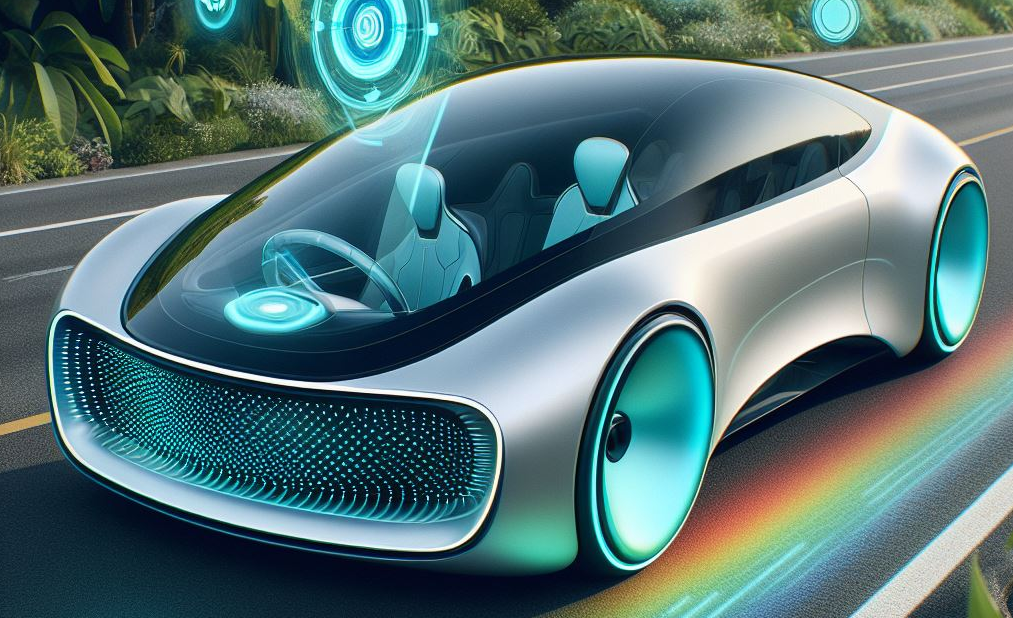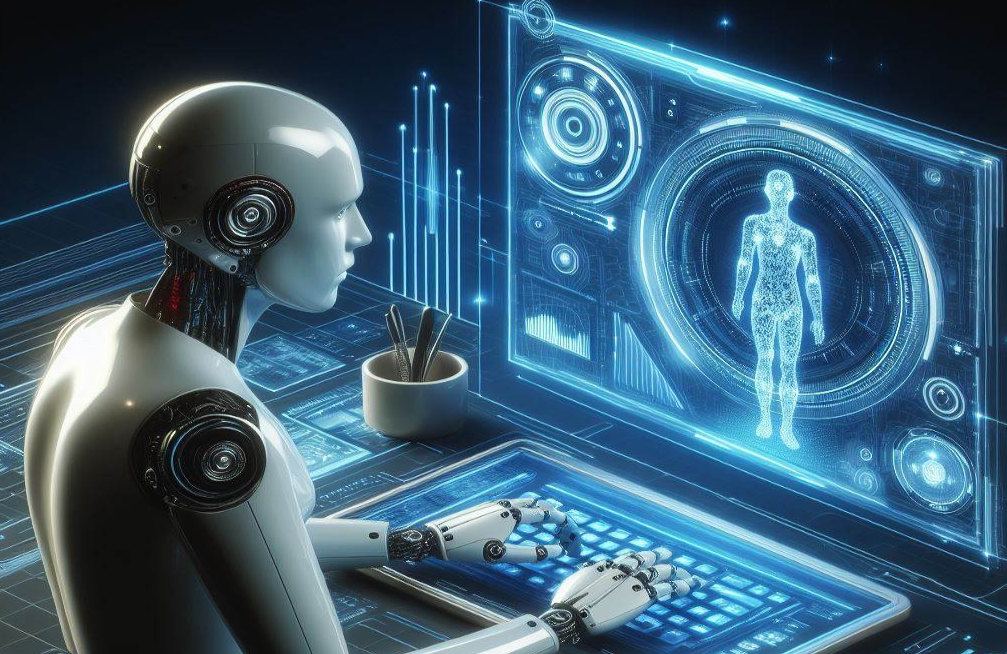The 2024 Nobel Prize in Physics was awarded to John Hopfield and Geoffrey Hinton for their pioneering contributions to artificial neural networks. Their foundational work in developing algorithms that enable machines to learn from data has been instrumental in the creation of advanced AI models like ChatGPT, Gemini, and MidJourney.
While artificial intelligence is primarily a field of computer science, its profound impact on physics has been recognized with the Nobel Prize. The Turing Award, often considered the equivalent of the Nobel Prize for computer science, was previously awarded to Geoffrey Hinton and two others in 2018 for their significant contributions to AI.
As Ellen Monz, Chair of the Nobel Physics Committee, explained, the applications of neural networks have significantly advanced research across diverse fields of physics, including particle physics, materials science, and astrophysics. This underscores the integral role of these networks in the ongoing development of the discipline.
Geoffrey Hinton, a 76-year-old professor at the University of Toronto and widely regarded as one of the fathers of artificial intelligence, resigned from Google in 2023. He expressed deep concerns about the unregulated and rapid development of AI technologies, fearing that they could pose a threat to humanity. While acknowledging his regrets, Hinton stated that he would likely make the same decision again given the circumstances.
John Hopfield, a distinguished former professor at Princeton University, has been a pioneering figure in the field of neural networks since 1982. His groundbreaking invention of the Hopfield Network, a neural network modeled after the interconnected structure of the human brain, has had a profound impact on the development of AI.
